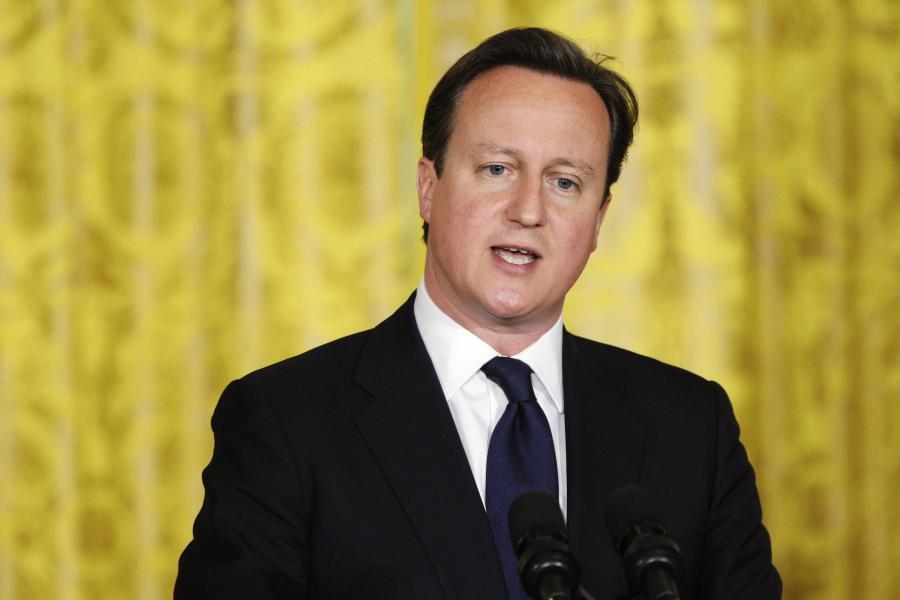London-It’s been five years since Libya’s unruly dictator Col. Muammar Gaddafi was toppled and killed, and chaos still headlines the local dailies in the African state. The U.N.-backed Government of National Accord still faces parliamentary rejection and struggles to set a foot in Tripoli, the state’s largest city.
Britain’s parliament addressed Libya’s disarrayed state of affairs, writing a report in which former British prime minister David Cameron received heated criticism.
Cameron had stepped down from office after Britons had decided to vote for Brexit, a referendum which allows Britain to exit the European Union.
In the report, Cameron’s intervention in Libya in 2011 was not based on pinpointed and clear intelligence information, which translates into the whole operation having aimed at toppling Gaddafi’s regime.
According to the Sunday Herald, The harsh report slams Cameron and his top advisers for expanding a civilian protection mission in Libya to include regime change and failing to adequately plan for the country’s future after the overthrow of Gaddafi.
Both France and Britain have taken up the opportunity of chaos to pluck out the regime, which systematically lead to a national political and economic collapse, not to mention the undying clashes among sporadic paramilitary groups, said the report.
A humanitarian and refugee crisis was also a part of the aftermath dictated by the Libya chaos. What perhaps stands out to be the worst feature of chaos in Libya, is the uncontrollable spread of arms formerly owned by Gaddafi’s government, and the malicious growth of ISIS.
It says Britain’s military action was based on “erroneous assumptions” and an “incomplete understanding” of the ramifications of removing Gaddafi and that Cameron’s team should have been aware that the rebel groups Britain was backing contained “significant” numbers of extremists.
“The UK’s actions in Libya were part of an ill-conceived intervention, the results of which are still playing out today,” said committee chairman Crispin Blunt, a Conservative Party legislator.
France and Britain led an international coalition in a series of airstrikes against Gaddafi in March 2011 as the dictator’s forces were threatening what would have been a bloody onslaught against heavily populated Benghazi, then controlled by rebel forces.
The oil-rich North African country descended into chaos after the intervention and parts of it have become a bastion for ISIS extremists, giving the militants a new base even as its territory in Syria and Iraq shrinks under constant assault.
Lawmakers mostly belonging to conservative party’s ruling bloc, which Cameron is member of, said that the former prime minister is eventually accountable to the failure in developing a well-holding strategy for Libya.
